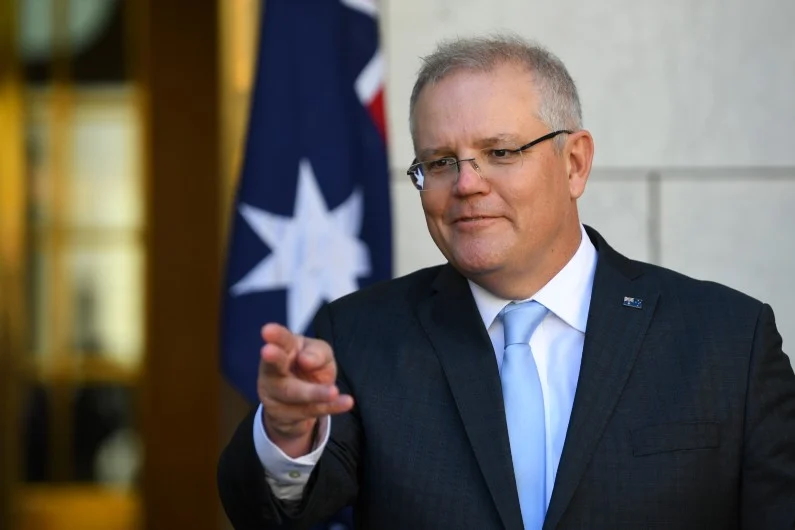Our election coverage has been driven by your agenda – not politicians'
- Written by Misha Ketchell, Editor, The Conversation

Earlier this year, when there were murmurs the date for the 2022 election was soon to be announced, we began to plan in earnest our election coverage. Our editors were aware of the nature of these campaigns; politicians tend to drive the agenda and the media falls into the trap of reporting the issues politicians raise as though they mirror those that voters care about.
The fact that most polls — and journalists — incorrectly predicted the outcome of the 2019 federal election was a lesson. We made a promise to our readers that we’d do better this time; we would ask what issues were on their agenda, not that of politicians. During our #SetTheAgenda campaign, 10,000 readers told us what issues were most important to them in the lead up to the election, and we shaped our coverage based on those responses.
As one respondent said, they’d like candidates to talk about:
Policy. I don’t care what but I’m sick of it devolving away from policy debate.
Policy over personality
This sentiment was echoed by many of our readers and our mantra of “policy over personality” has set the tone for our election coverage. Climate change was the number-one issue on our readers’ agenda. In fact, more than 60% of you picked it as one of the issues with the greatest impact on your life right now.
Since we closed the survey, The Conversation’s Energy + Environment team published more than 50 articles on climate change, including a piece by five of Australia’s leading climate experts[1] grading the Coalition and Labor’s climate policies, analysis[2] of where the climate policies of our political hopefuls will take us and more.
We also ran two live Q&As, one on climate[3], and another on cost of living[4], where our senior editors posed your most pressing questions to subject-matter and policy experts.
Your concerns drove our coverage
Not what they hope to do, but what they WILL do to help climate change. The figure is terrifying for us younger generations and I want them to not just talk, but listen. Listen to us and take action from what we are saying.
For this reader and many other young voters concerned about climate change, we asked an expert to analyse where the major players stand on climate and youth policies in this article[5].
How they will address the obscene problem where housing has become an investment playground for the ‘haves’, leaving the ‘have nots’ with little hope of owning a home to actually live in.
Both major parties have put forward home-buyer schemes. To compare them and find out whether either will actually address the housing crisis, we published this piece[6].
The term “cost of living” was repeated through many responses, as was “childcare”. These two issues are clearly linked, as the authors of this article[7] argue. “If governments were really concerned about tax and the cost of living they would cut the cost of childcare”, they wrote.
To those who want to know where the major parties stand on Medicare policy, these five experts have offered their assessment here[8].
I want Australia to listen to what First Nations peoples want in terms of recognition and representation at a national level.
If this statement resonates with you, these five key priorities[9] are a good place to start.
All eyes on Saturday
Our coverage will continue Saturday, Sunday and beyond, no matter the outcome. On election night, our team of editors will be working late to bring you news and analysis as the numbers roll in.
Keep your eyes on your inboxes for our Saturday night newsletter and our Sunday evening bulletin, with news from Michelle Grattan, and evidence-based coverage from Denis Muller, Amy Nethery, Adrian Beaumont and more of Australia’s leading political experts.
References
- ^ a piece by five of Australia’s leading climate experts (theconversation.com)
- ^ analysis (theconversation.com)
- ^ one on climate (www.youtube.com)
- ^ cost of living (www.youtube.com)
- ^ this article (theconversation.com)
- ^ this piece (theconversation.com)
- ^ this article (theconversation.com)
- ^ here (theconversation.com)
- ^ five key priorities (theconversation.com)

















